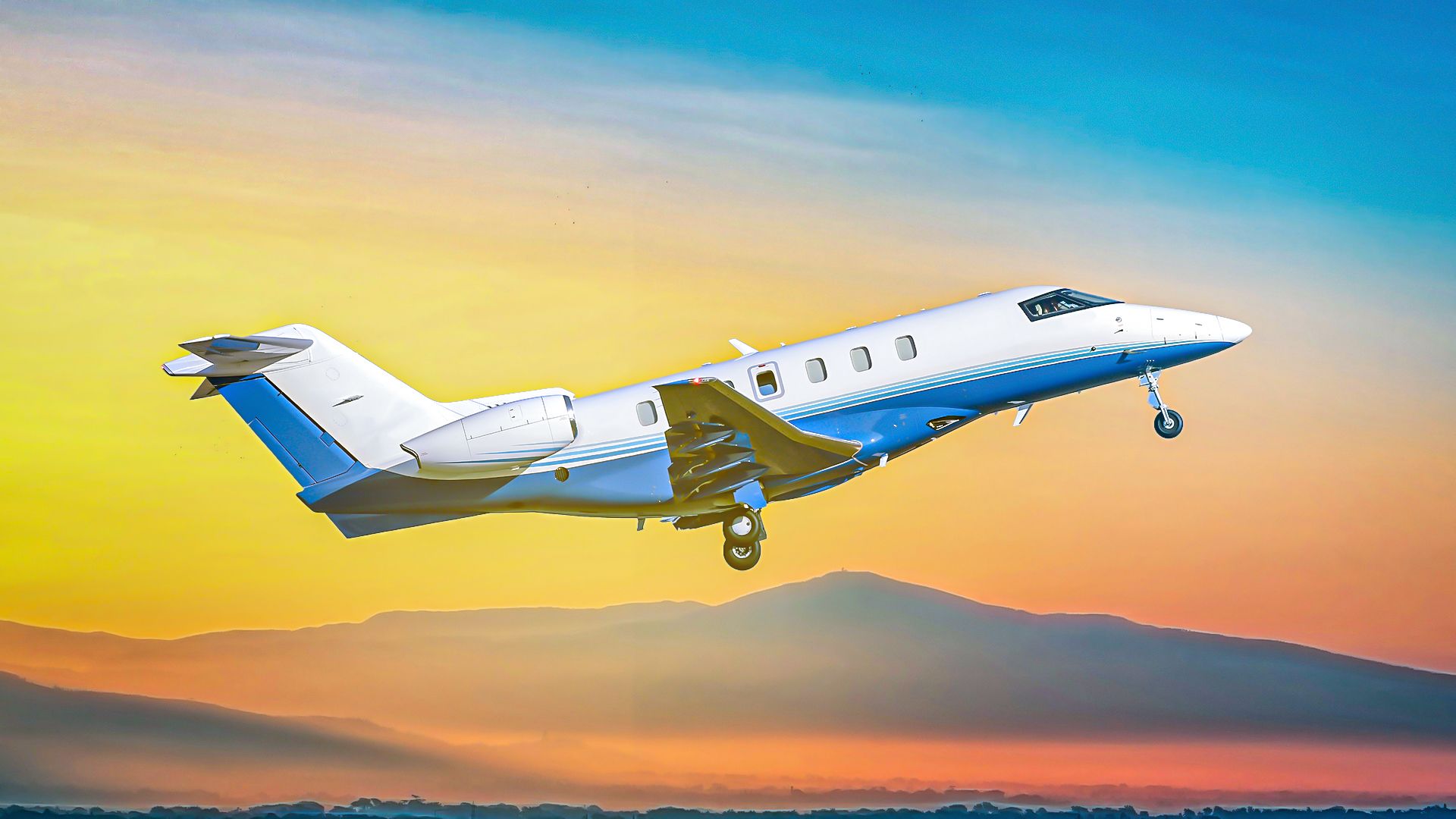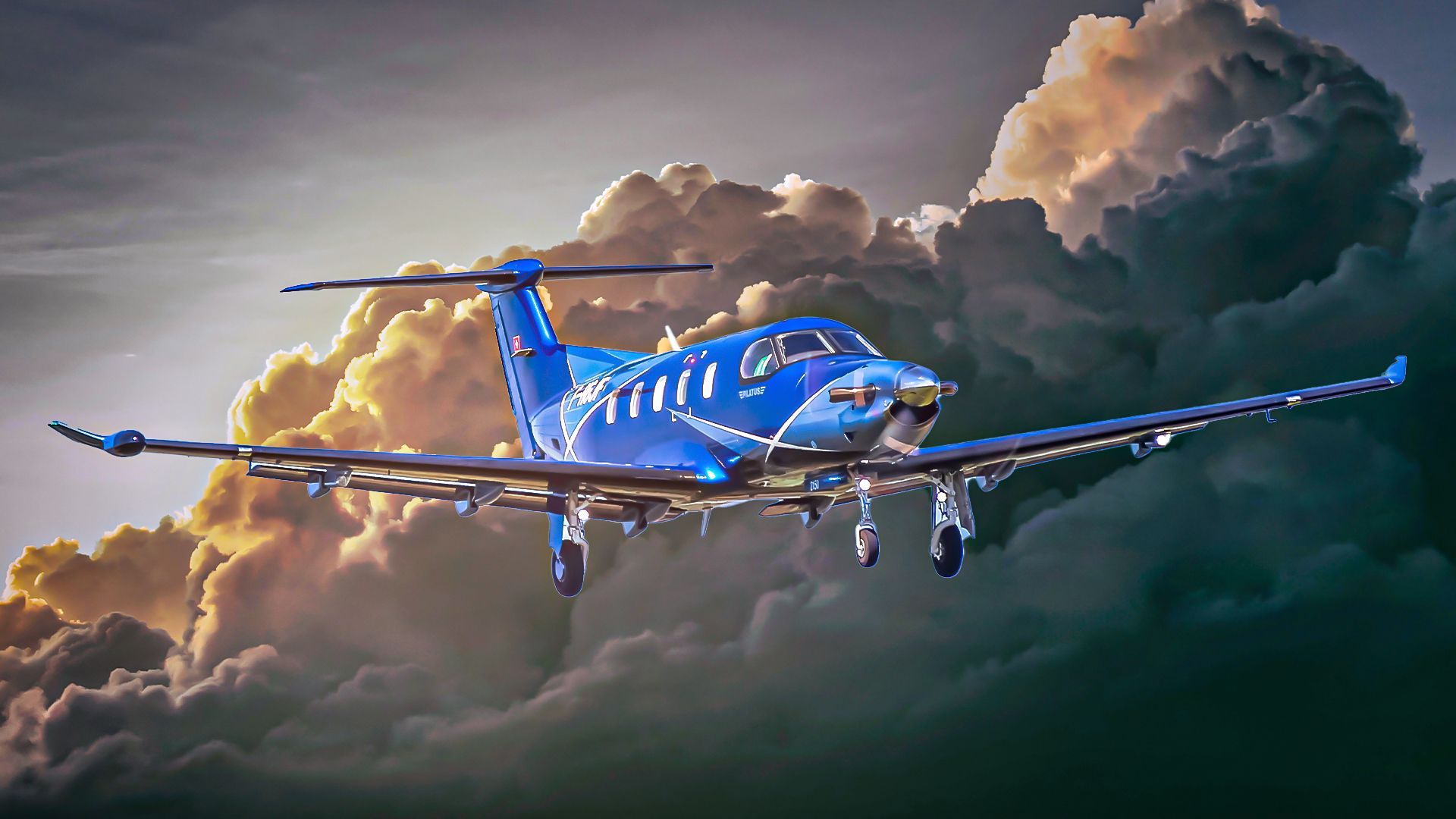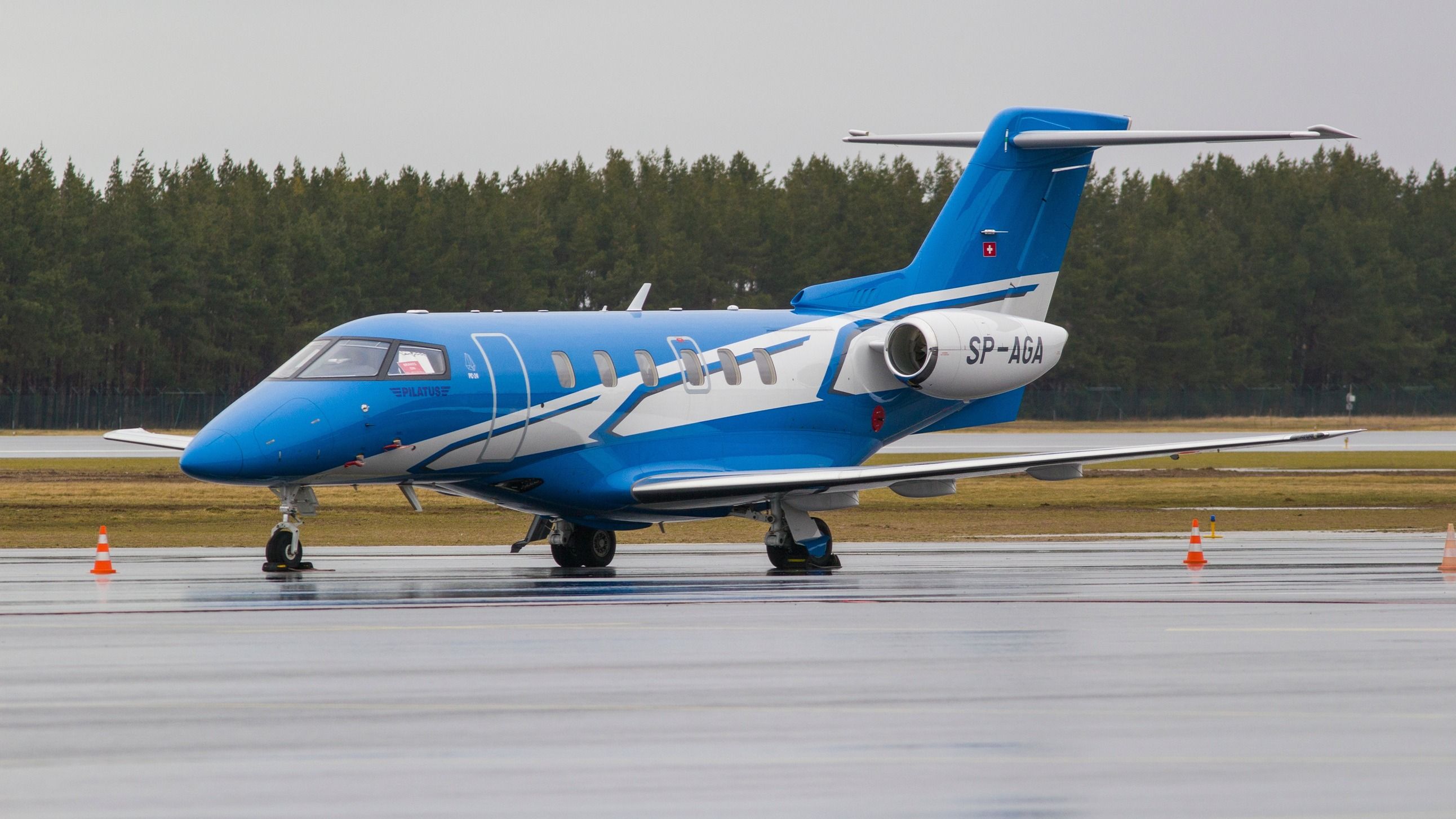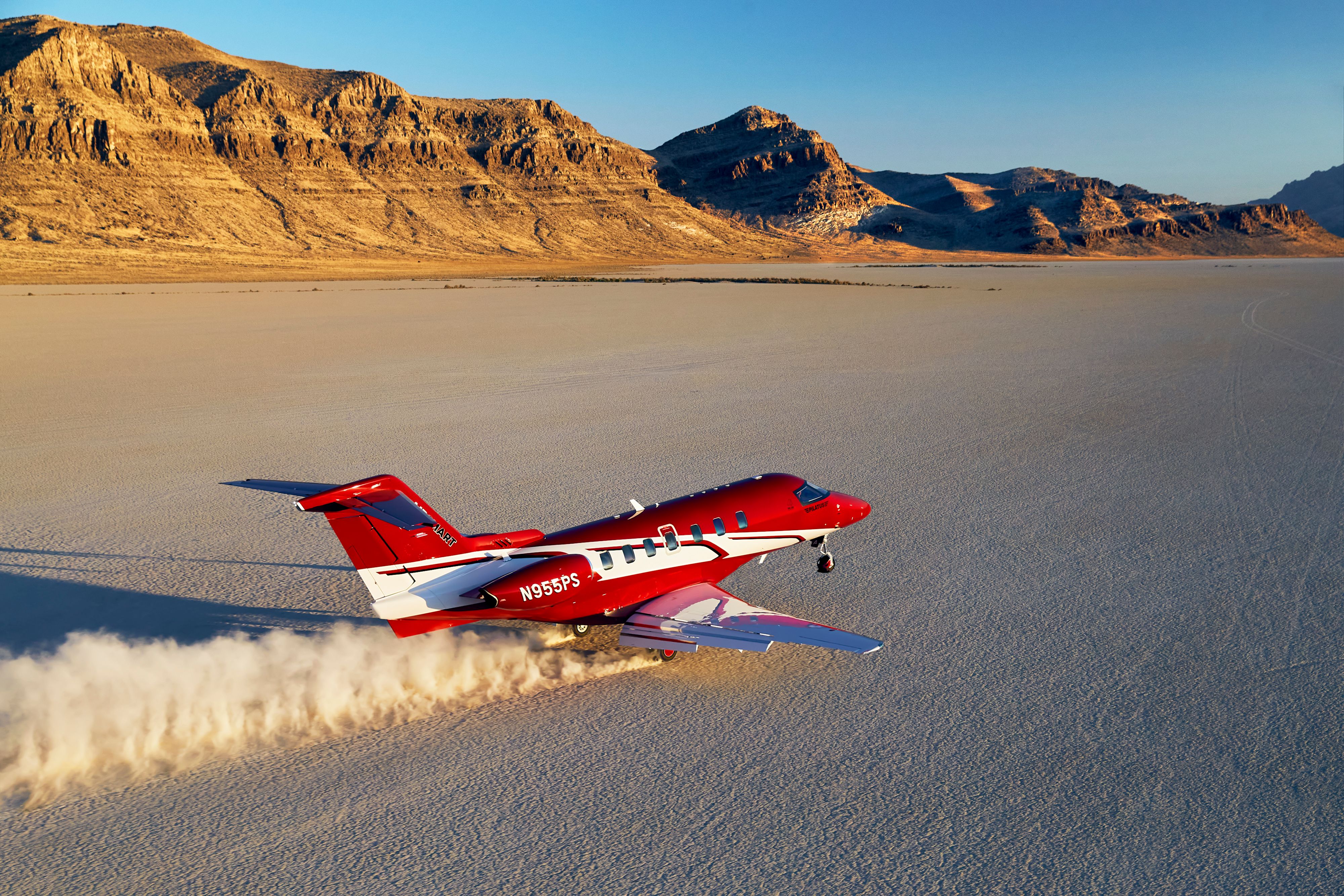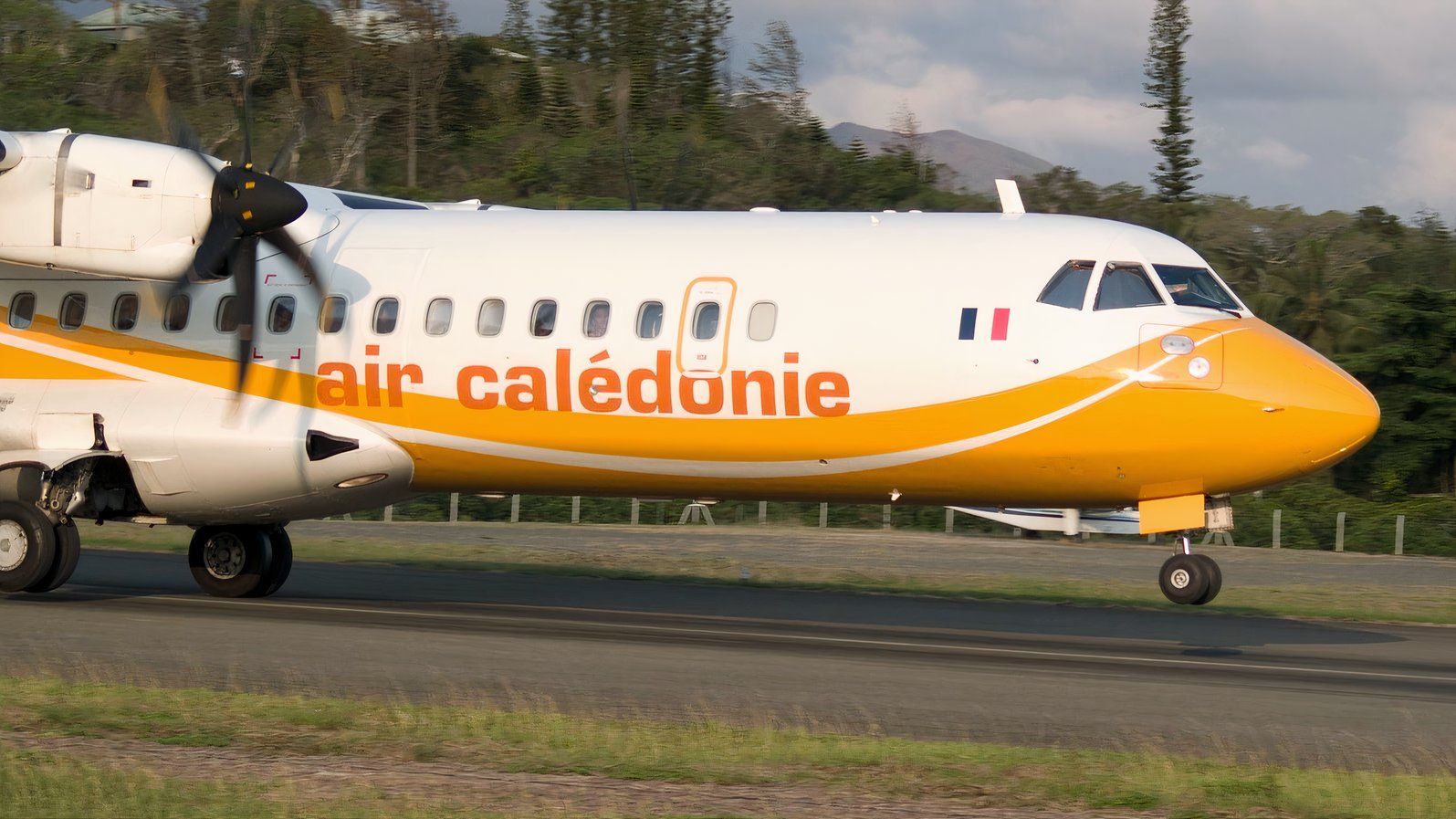Summary
- PlaneSense ranks as the seventh-largest U.S. fractional ownership operator based on hours flown in 2023, with a 6.8% growth in flight hours.
- New fractional share owners can expect to pay approximately $400k for a 1/16th share, with each entitled to 50 flight hours per year.
- Shareholders are also charged an hourly flight hour fee and a monthly management fee.
PlaneSense is a leading fractional aircraft ownership company based in Portsmouth, New Hampshire. Founded in 1995 by George Antoniadis, who serves as the President and CEO, PlaneSense has established itself as a prominent player in the private aviation industry over nearly three decades. Its unique business model focuses on only two aircraft types from the same OEM—the single-engine Pilatus PC-12 turboprop, and the PC-24 jet.
PlaneSense is the largest commercial operator of the PC-12 and PC-24 aircraft. Simple Flying has highlighted the Pilatus PC-12 and PC-24. The PC-12 has a maximum cruising speed of 287 knots compared to 440 KTS for the newer, larger, twin-jet-powered PC-24, which has a range of more than 2,000 miles.
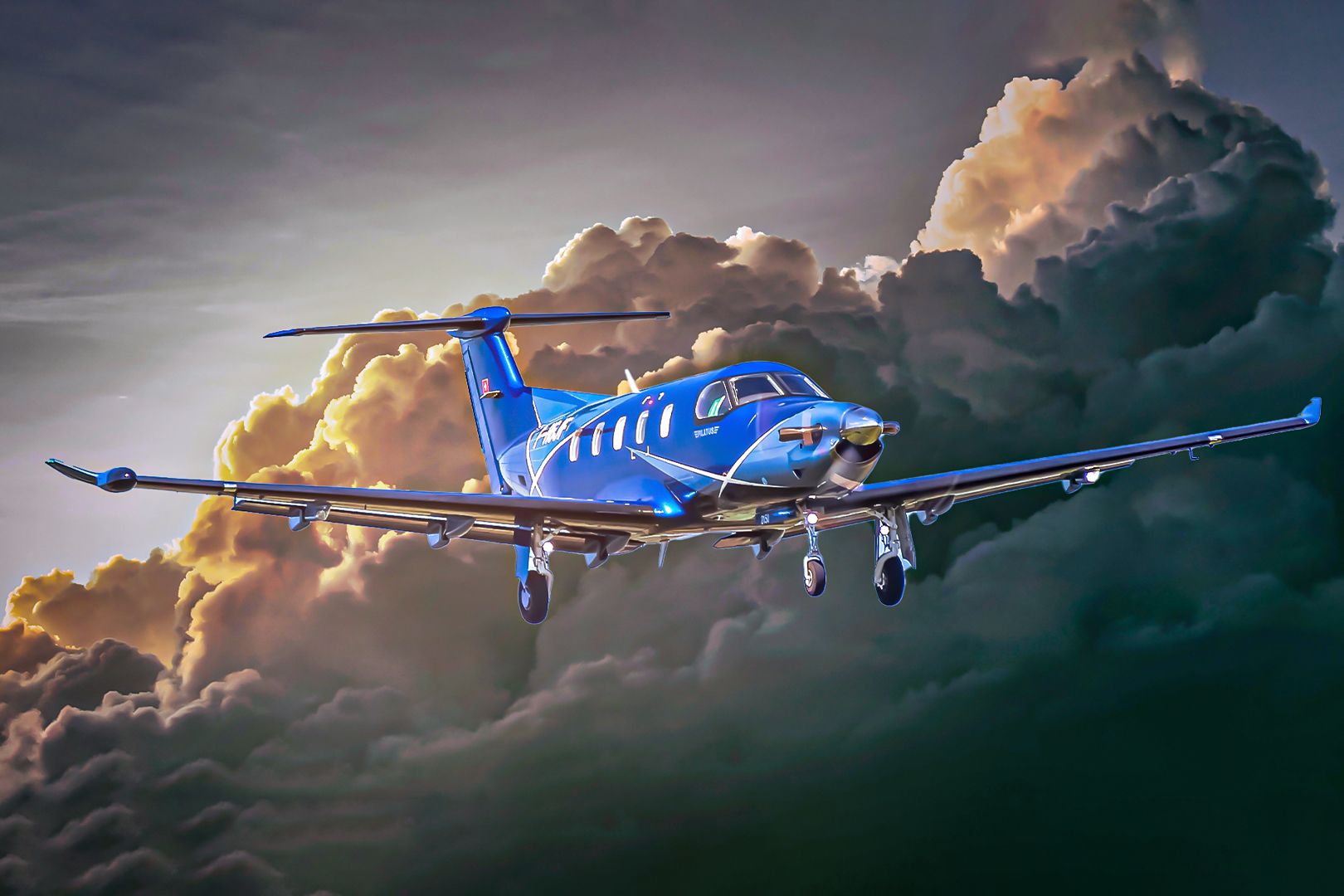
Related
Top 5: The Best Features Of The Rugged Pilatus PC-12
With over ten million flight hours, the turboprop has established itself as a versatile and valued aircraft.
A major fractional ownership operator with a unique approcach
PlaneSense ranks as the seventh-largest U.S. fractional ownership operator based on hours flown in 2023.. The company experienced a growth of 6.8% in flight hours during that year, distinguishing it as one of the few operators to see an increase in flight activity last year amidst an overall market decline.
The company’s business model revolves around fractional aircraft ownership, allowing clients to purchase shares of aircraft rather than individually owning planes. This approach provides the benefits of private air travel without the full responsibilities and costs associated with whole aircraft ownership. PlaneSense manages all aspects of aircraft operations, including maintenance, crew hiring, scheduling, and hangar costs, offering a turnkey solution for its clients.
Pilatus PC-24 performance:
- Maximum Cruise Speed: 440 KIAS
- Maximum Range: 4 pax 2,040 NM
- Takeoff Distance: 3,090 FT
- Landing Distance: 2,410 FT
- Rate-of-Climb: 3,960 FPM
- Stall Speed: 83 KIAS
- Maximum Ramp Weight: 18,840 lb
- Maximum Landing Weight: 17,340 lb
- Maximum Zero-Fuel Weight: 14,660 lb
- Useable Fuel: 5,964 lb
- Maximum Payload: 3,100 lb
PlaneSense further defined and built its model on a 57-aircraft fleet of 43 PC-12s delivered since 1995. In recent years, PlaneSense has expanded its offerings to include the Pilatus PC-24 jet, taking delivery of the world’s first PC-24 in 2018. The company now operates 14 of the PC-24 jet type. A company official said three more PC-12s and 2 PC-24s will be delivered in 2024.Tiffany Nelson, Director of Marketing & Communications for PlaneSense, told Simple Flying,
The PlaneSense program operates the largest U.S. fleet of Pilatus PC-12 turboprops and PC-24 jets, and we will continue to build our fleet with these two aircraft.
It previously operated a small number of Nextant 400XTi jets (re-manufactured from the Beechjet 400) but retired that fleet in late 2021.
Owners buy a fractional share, then pay hourly costs and management fees
New fractional share owners can expect to pay approximately $400k for a 1/16t share; The same share of a PC-24 is approximately $850k. Each fractional share is entitled to 50 flight hours per year. The fractional ownership agreement is for a five-year term. PlaneSense levies a monthly management fee per shareholder of $6,000 for the PC-12 and $9,200 for the PC-24.
The company’s clientele is diverse, ranging from large corporations using the service for supplementary transportation to retirees seeking convenient private travel options. PlaneSense caters to customers who value cost-effective point-to-point private air transportation and the ability to access both major airports and the shorter runways of municipal and private fields. One of the standout design features of the PC-24 jet is its ability to take off and land on gravel and unimproved runway surfaces.
Photo: Pilatus Aircraft
While PlaneSense is a privately held company and does not disclose detailed financial information, estimates suggest the company’s annual revenue is around $67.3 million. The company has experienced steady growth since its inception, expanding its fleet and client base.
More Pilatus aircraft on the horizon
Looking ahead, PlaneSense continues to invest in fleet modernization and expansion. The company has placed orders for additional Pilatus PC-24 jets, with plans to integrate more of these aircraft into its fleet. This move aims to cater to clients seeking longer-range and faster travel options while maintaining the company’s focus on cost-effective “single-fleet” private aviation solutions.
PlaneSense’s operational base is at Portsmouth International Airport at Pease (PSM) in Portsmouth, New Hampshire.
The company’s headquarters, constructed in 2007, includes a 40,000-square-foot high-tech maintenance hangar and 44,000 square feet of offices, which provides for its maintenance operation, Atlas Aircraft Center. In 2021, PlaneSense opened a new maintenance facility in Boulder City, Nevada, to better serve clients flying throughout the Western region of the United States.
The company built its success on its commitment to safety, reliability, and exceptional customer service. PlaneSense’s in-house approach to all operations, including aircraft maintenance, pilot training, and customer service, allows for stringent quality control and consistent client experience.
FlightSafety and in-house sim training
The pilots on the Pilatus aircraft fleet undergo synthetic (simulator) training primarily at FlightSafety International’s facilities. Specifically, they participate in full-motion simulator training at FlightSafety centers in Dallas, Texas, and Denver, Colorado. This training includes using a PC-12NG Level D simulator for flight training and the final flight check. PlaneSense has also developed its own internal FAA-approved training program that includes ground school and simulator training using a training device developed in collaboration with FlightSafety International.

Related
The 6 Types Of Roles The Pilatus PC-12 Is Used For
The aircraft is used for a variety of operations across the world.
